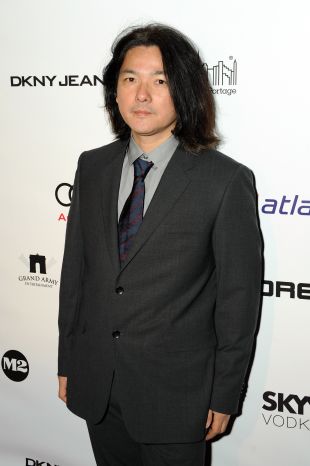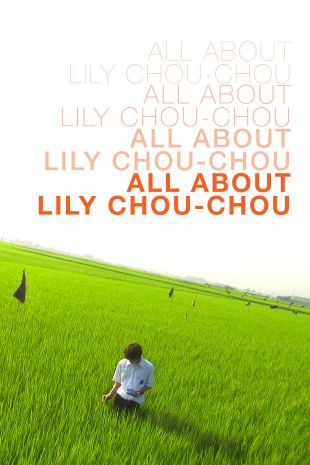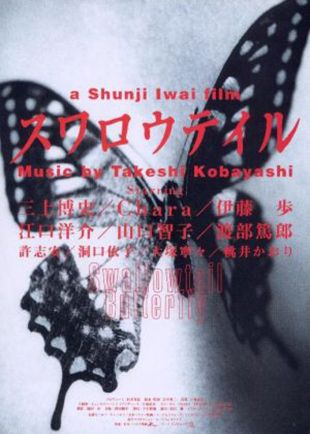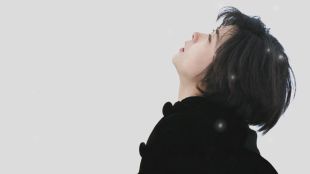The standard bearer of the 1990s new wave of Japanese film, Shunji Iwai cranked out some of that country's hippest, hottest, and most popular movies. A self-styled eizo sakka, or visual artist, Iwai is a filmmaker equally at home directing commercials, TV dramas, rock videos, and feature length pictures. Though older critics have blasted his films for lacking depth and for borrowing from 1970s experimental auteur Shuji Terayama, Iwai understands that for an audience weaned on MTV, the image is the movie. Slick and oozing with style, his films consistently have an uncanny resonance with 1990s Japanese pop culture, making him one of the most important directors of his generation.
Born on January 24th, 1963, in the northern city of Sendai, Iwai started his filmmaking career in 1988 directing music videos and television dramas. Though he was already garnering considerable buzz by 1993 for his acclaimed one-hour late-night TV dramas Fried Dragon Fish and Uchiage Hanabi: Shita kara Miru ka? Yoko kara Miru ka?, Iwai's true mainstream breakthrough came in 1995 with his gorgeously-rendered romance Love Letter. About a young woman who writes a letter to her dead lover -- and mysteriously gets a reply -- the film proved to be an amazing success for the fledgling Japanese director. Love Letter played to sold out theaters for 14 straight weeks in central Tokyo, a run usually only reserved for Hollywood heavy-hitters. Hailed for its clever narrative, touching plot, and Miho Nakayama's remarkable dual performance, the film lent new energy to Japan's moribund national cinema.
The film's popularity prompted Iwai to release two film shorts, Undo and Picnic, along with re-releasing his popular television dramas. Filmed in 1994, Undo concerns a pair of bohemian Tokyoites: he's a struggling writer, she is slowly going insane, aided in part by the negligence of her boyfriend. She becomes possessed with the idea of tying things with twine and rope, leading eventually to tragedy. Picnic also concerns a group of hipsters on the edge -- a trio of mental patients escape in order to enjoy a little freedom before the end of the world. Feeling that the film echoed headlines a little too closely, distributors hastily pulled it after members of the Aum Shinrikyo cult gassed the Tokyo subway with poison gas in 1995.
Iwai next film, Swallowtail, is perhaps his most emblematic, both in terms of visual style and in narrative themes. Exuding a similar futuristic grime and decadence as Blade Runner, the film is about foreign fortune-seekers living in slums on the edge of a 21st-century megalopolis called Yen Town. At a time when his country grows increasingly aware of its Asian neighbors, Iwai intentionally, gleefully, blurred Japan's deep-rooted insularity by having his Japanese actors speak Mandarin and English and his foreign actors speak in flawless Japanese. This aside, the film proved to be an even bigger success in Japan than his previous works. Part of its popularity is, no doubt, the presence of ultra-hip pop-sensation Chara, who plays the film's Chinese singer-turned-prostitute, Glico. At several points in the film, the plot simply stops in favor of funky music numbers by Glico and the Yen Town Band. The sequences were used in their entirety for MTV videos for the band, which had a number of hits spun off from the movie.
As opposed to the aggressively stylish Swallowtail, Iwai opted for a clean, simple look for his follow-up, Shigatsu Monogatari. Seemingly taken from the pages of a shojo manga, the film is about a young college freshman (played by teen idol Takako Matsu) making her first steps in life and love.



